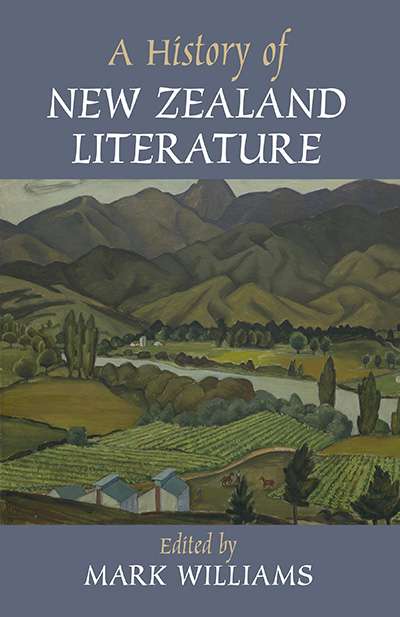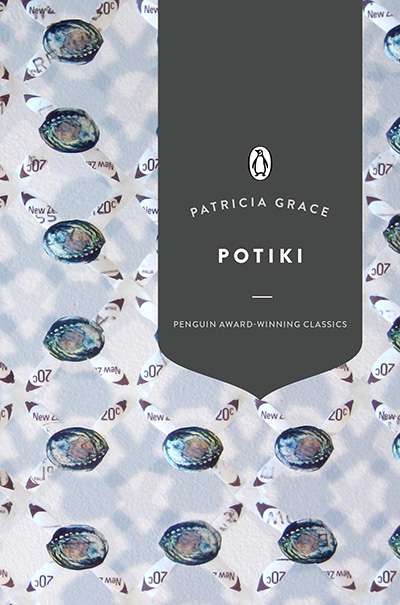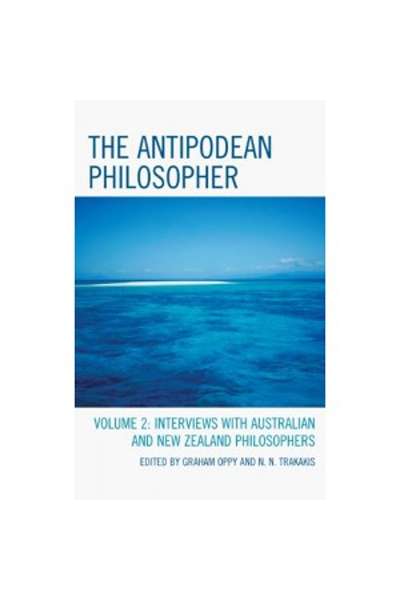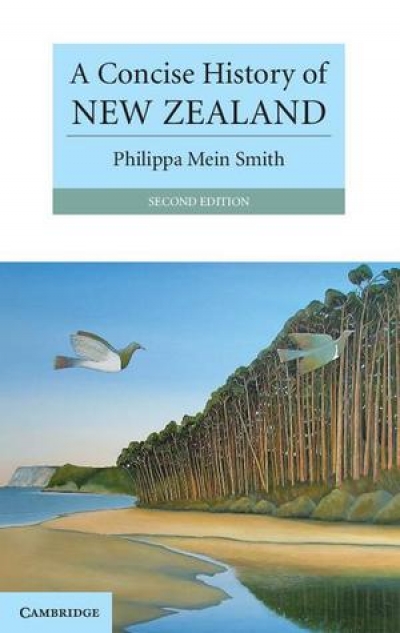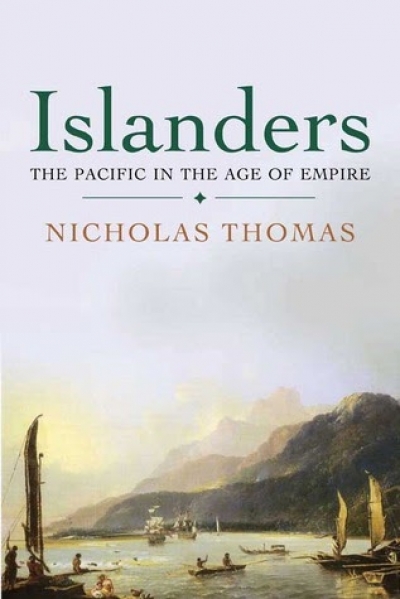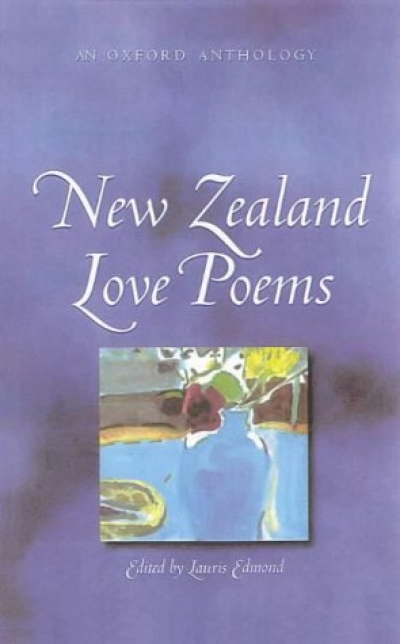New Zealand
A History of New Zealand Literature edited by Mark Williams
The Antipodean Philosopher, Volume 2: Interviews with Australian and New Zealand Philosophers edited by Graham Oppy and N.N. Trakakis
Islanders: The Pacific in the Age of Empire by Nicholas Thomas
A friend describes the sensation as being in the movie set of your own life: everything is familiar, but not quite right. Auckland feels like an Australian city that has simply slipped a little, like the accent, to the east. There are hints of Hobart in the crisp sea and the misty sketched-in headlands. And of Sydney, in the over-abundance of harbour, the narrow streets of Ponsonby, which drop away towards the water, the houses filled with quiet light. Perhaps all Pacific cities look pretty much the same these days: here is the casino, the observation tower, the thirties picture palace turned into a Singapore-style mall, the narrow lane with outdoor tables under braziers; the same stands of Westpacs and McDonalds and Lush cosmetics stores. Perhaps what differentiates one city from another now is the sheer volume of traffic forced through its streets.
... (read more)
